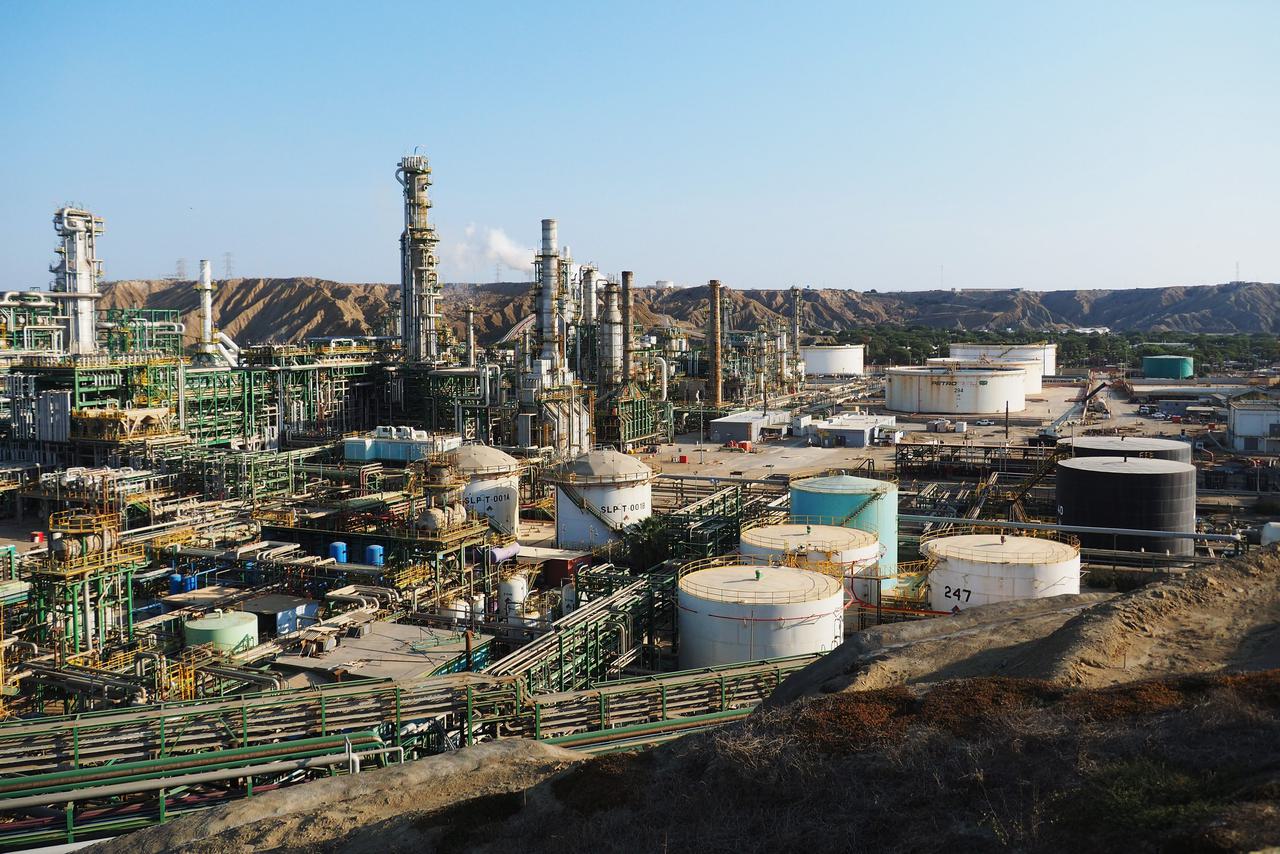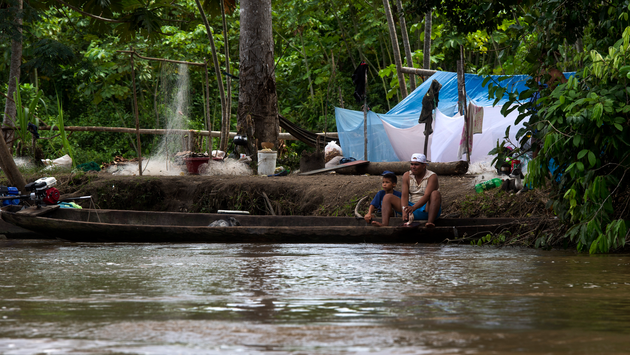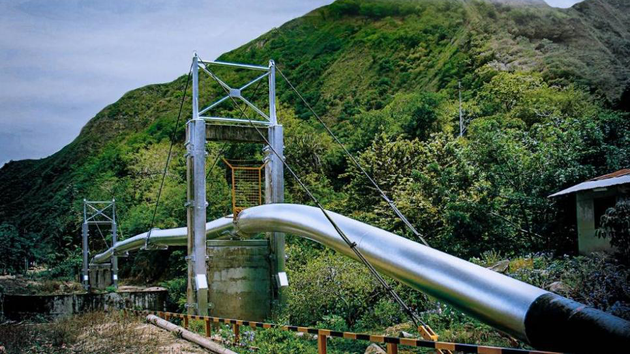
Santander arranged billion-dollar oil bond after making green pledge
HSBC also helped on refinery deal that will boost Amazon oil production
The Pastaza River complex, the largest wetland in the Peruvian Amazon, is a hub of biodiversity. It is home to nearly 300 species of fish and rare birds, and a source of food for the numerous Indigenous communities that live there. Its freshwater tributaries, lakes and palm swamps offer a vital buffer against climate change and its international importance is recognised by Ramsar, the UN convention on wetlands conservation.
Slicing through this land is the Norperuano pipeline, a huge 1,100km structure owned by the national oil company PetroPerú. The pipeline has been the source of more than 53 oil leaks since 2013. PetroPerú spent more than $80m on cleaning up spills related to it between 2017 and 2020.
In December, PetroPerú hailed the completion of a $5bn, 10-year project revamping its Talara refinery on the country’s Pacific coast. This new-look facility will be the destination for huge amounts of oil being carried by the Norperuano pipeline across the country from the rainforest, where PetroPerú is set to drill at two controversial new sites. And working behind the scenes to aid the financing of this project have been major international banks that claim to hold strict green policies.
In 2021, Santander helped coordinate a bond that raised $1bn for PetroPerú, which sought funds to upgrade its Talara refinery and expand its capacity to process oil from the Amazon. Two years previously, it had ruled out providing finance or services for “projects or activities in recognised Ramsar sites”. HSBC, which has a similar policy restricting finance that affects wetlands, also worked on the deal.
The money raised by the bond was to be spent on the Talara upgrade, which PetroPerú says helped the facility “produce cleaner fuels” and expanded its processing capacity by nearly 50%, to 95,000 barrels of oil per day.
Much of that oil is likely to be transported through the Norperuano pipeline from the Peruvian Amazon, where PetroPerú has extraction contracts for two drilling sites, one of which also overlaps with the Pastaza wetlands.
“There can be no financing for a company that needs to expand oil production in areas as sensitive as Ramsar sites,” said Leila Salazar-López, executive director of Amazon Watch. She added that it was “difficult to understand” how a company that has demonstrated an inability to stop spills and repair its damage “can gain the confidence of ‘climate-responsible’ investors”.
Santander told TBIJ it did not comment on clients or transactions but said it “operates strict policies that govern our financing. This includes our social, environmental and climate change risk management policy, which governs our criteria to lend to sectors such as energy, mining, metals, and soft commodities.”
HSBC said: “We are committed to supporting a just transition in developing markets and are, therefore, engaging with clients on their transition plans and operating models. Our work with clients is in line with our policies which include specific standards for environmental and human rights considerations.”
Long-term oil plans
In February last year, PetroPerú announced it had signed a contract to extract oil from a controversial 5,000 sq km site in the rainforest – the country’s largest oil field – until 2053, by which time the world has to reach net-zero emissions in order to keep global heating to safe levels. The oil field is the one responsible for the most spills in Peru, and overlaps with the Pucacuro National Reserve, a protected area.
The company also plans to begin production on a second, even larger block in the Peruvian rainforest, of which about 30 sq km overlaps with the Pastaza wetlands. It is a tiny portion of the 1,000 sq km of PetroPerú-contracted oil blocks that overlap with Ramsar sites nationwide, according to an independent analysis for TBIJ.
 Villagers in the Pastaza wetlands, north Peru
Cris Bouroncle/AFP via Getty
Villagers in the Pastaza wetlands, north Peru
Cris Bouroncle/AFP via Getty
 The Norperuano pipeline stretches more than 1,100km across the country
The Norperuano pipeline stretches more than 1,100km across the country
Santander and HSBC continued to provide services to PetroPerú in May 2023 as the company sought to renegotiate the terms of its debt with bondholders amid ongoing financial difficulties. This came after Santander updated its policy on wetlands to cover “any projects or activities for oil & gas extraction … or other major infrastructure projects that put Ramsar sites at risk”.
Frederic Hache, co-founder of the Green Finance Observatory thinktank, said: “Santander and HSBC’s business decisions, apparently contradicting their own sustainability policies, is a timely reminder that we cannot trust voluntary business initiatives and that nothing can replace environmental regulation.”
In the bond prospectus, PetroPerú said the company’s success depends on its ability to access credit and capital markets to make investments.
Jo Richardson, managing director of the Anthropocene Fixed Income Institute, said that even if a bank isn’t underwriting a bond for a client, it is enabling all their activities by “implicitly using its reputation to promote the financing of its clients”. She added that this also facilitates access to capital markets to finance other activities.
PetroPerú did not respond to TBIJ’s requests for comment.
Additional reporting by Alexander Abdelilah
Main image: PetroPerú’s upgraded Talara refinery on the country's Pacific coast. Credit: Carlos Garcia Granthon/ZUMA Press Wire/Shutterstock
Reporters: Nimra Shahid and Robert Soutar
Environment editor: Robert Soutar
Impact producer: Grace Murray
Deputy editor: Chrissie Giles
Editor: Franz Wild
Production editor: Alex Hess
Fact checker: Alice Milliken
This reporting is funded by the Sunrise Project. None of our funders have any influence over our editorial decisions or output.






